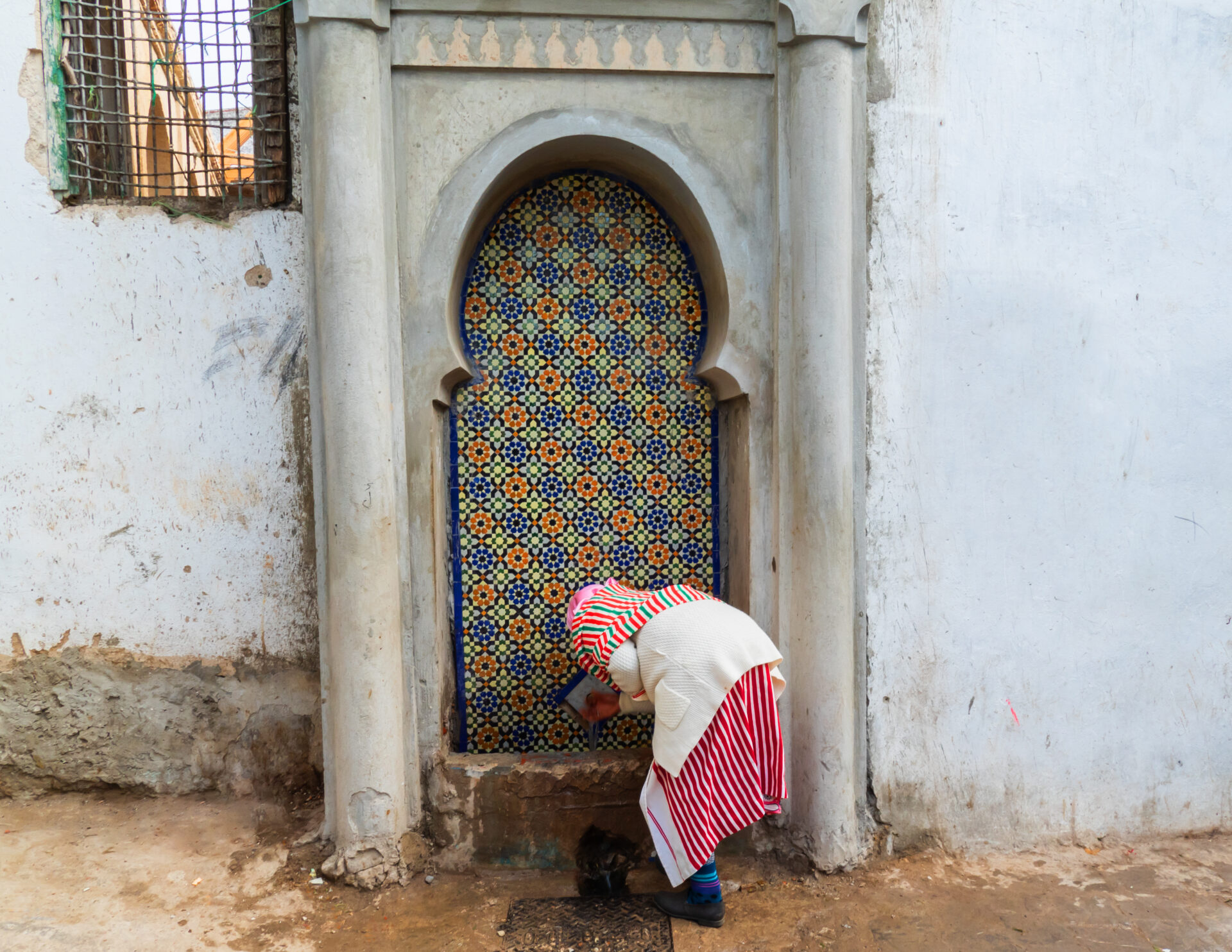- SIWI – Leading expert in water governance
- /
- Latest
- /
- How to build integrity into water management
How to build integrity into water management

This question is complex, and unpacking the term integrity itself is a challenge. SIWI and partners are building integrity into water management. Explore the impact and participate in a webinar focused on water integrity in the Mediterranean region.
Access to clean drinking water, sanitation and hygiene is a basic human right. Ensuring the right mandates water management with integrity, by those in charge.
Practicing water management with integrity follows the principles of transparency, accountability and participation (of users and providers of water), guided by honesty, equity and professionalism to reduce risks of corruption. This eventually determines how water is governed and allocated to people and the planet.
Locked in systems
Implementing water governance principles requires examples of good practices and the application of anti-corruption measures. These are especially difficult to adhere to if institutions and systems are locked in, and moving a needle in the right direction means facing several hurdles, such as bribery for getting a job done.
Lack of integrity within systems and institutions can block financial flow, leading to catastrophic impacts on people’s livelihoods and ecosystems. Smooth finance is key for the water sector to run efficiently and provide water when and where it is needed.
What if water integrity was built-in?
But what if institutions are strengthened in the first place, so that the risk of corruption is minimized, and the value of ‘good’ governance and its benefits are understood?
The UNDP-SIWI Water Governance Facility (WGF), contributes to the global knowledge base on water integrity through the development of tools and approaches, and through documentation and adaptation of global best practices. So far, programmes developed by SIWI and WGF have improved the capacity of more than 1000 practitioners and policy makers in the water sector in more than 40 countries around the globe.
Integrity is positive and proactive. Its focus is to prevent problems and if problems exist, to solve them. Anti-corruption activities are part of an integrity approach, and compliance elements within the anti-corruption work are an important foundation for any organization.
This implies having a basis of legislation, laws, regulations, rules, policies and procedures. While these factors are important within any organization, they are not enough. To ensure that an organization works with integrity, requires doing more than following the rules. A resilient system has a foundation of compliance with corruption controls, within an overall integrity approach, employing incentives for transparency, accountability, multi-stakeholder initiatives, as well as public participation and engagement.
52 cases of water integrity
From 2014 until 2017, WGF implemented a regional capacity building programme, to promote water Integrity in the Middle East and North Africa region. This was done in collaboration with regional and local partners in Jordan, Lebanon, Morocco, Palestine and Tunisia.
Resulting WGF report from 2017 highlights the impact of water integrity action plans that were developed and enforced in the region.
The report brings first-hand stories from integrity champions who participated, first as trainees and then as mentees, in the afore-mentioned programme. Guided by their own commitments to ideals of honesty and justice, the champions implemented their individual water integrity action plans. Their stories inform the audience about the ambitions, efforts, frustrations, successes and lessons-learnt during the course of the programme.
WEBINAR | Water Integrity in the Mediterranean: Lessons learned and new trends
Join a discussion on 13 December, where experts will present lessons learnt from their experiences in the region and unpack new trends and ways forward for water governance with integrity. This is a stellar opportunity for water providers, water authorities, donors, regulators, academia, NGOs, public authorities and institutions in charge of anticorruption and integrity.
Register for the webinarMost recent

Strengthening the Board of Stockholm Water Foundation (SWF)
- Stockholm Water Prize
- Stockholm Junior Water Prize
- Youth and water
- World Water Week

Water is our future – but Sweden still lacks a comprehensive strategy
- Water and the 2030 Agenda
- Groundwater
- Agriculture and water
- Cities
- Disaster risks and water

SIWI’s five takeaways from World Water Week 2024

Don’t resolve an issue, embark on a mission: Henk Ovink





